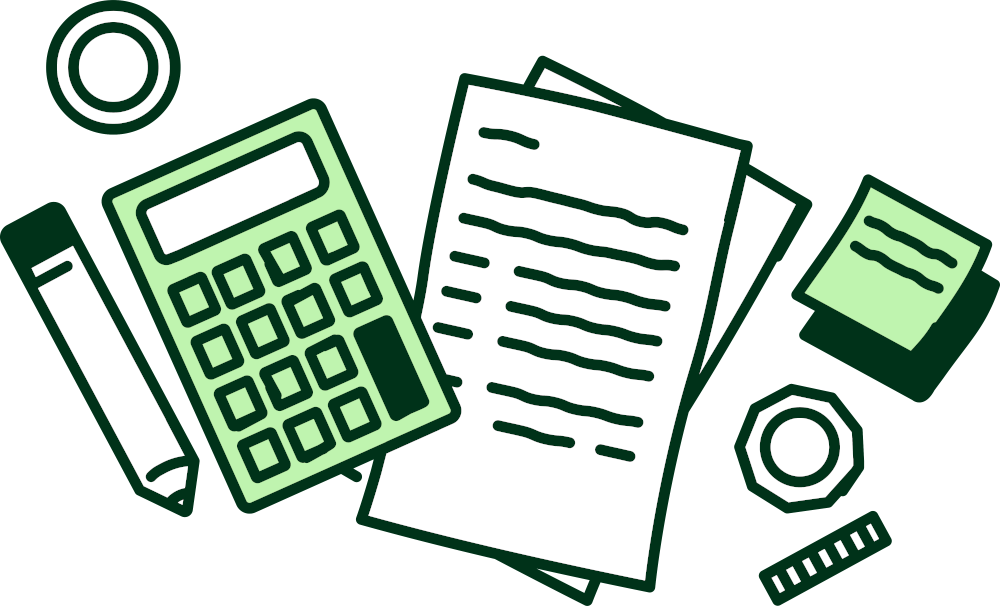What is an Individual Voluntary Arrangement?
An Individual Voluntary Arrangement (IVA) is a legally-binding arrangement to pay an agreed amount off your debts over a set period.
You make one or more payments to an insolvency practitioner (IP), who oversees the money being paid to your creditors. An IVA usually lasts for five or six years. After this, provided you make the agreed payments, the remaining debts are written off.
Most types of debt can be included in an IVA. Some types of debt are not usually included. For example, mortgage or rent arrears.
Is an IVA for me?
An IVA may be a good idea for you if:
- you have spare income every month.
- there is a risk of losing your job or business if you are made bankrupt.
- you can afford a lump sum.
If your only income is state benefits, an IVA may not be suitable.
Before going ahead with an IVA, consider all solutions that are available. Check that payments under the IVA proposal are affordable and make sure you understand the fees.
How do I set up an IVA?
First you need to appoint an Insolvency Practitioner (IP). Usually this is an accountant or a solicitor. Always check IP fees before signing any agreement.
Once the IP agrees to make the IVA proposal, they can apply to the County Court for an interim order. This stops creditors from starting bankruptcy proceedings or any other enforcement action without the court’s permission.
The IP will work with you to decide how much you can afford to pay each month. Think carefully about the payments to ensure they’re realistic. If you cannot pay, your IVA will end and there may be further action, such as bankruptcy.
The IP sends your IVA proposal to creditors. They vote on whether to accept the IVA:
- If the IVA is accepted, you must make the agreed payments.
- If the IVA proposal is rejected, you will have to deal with your creditors separately. You may need to find a different solution.
An IVA will be recorded on your credit file for at least six years. This might affect your ability to get credit.
To set up an IVA, you will need a safe bank account. A safe bank account is an account with a bank that you do not owe money to.


